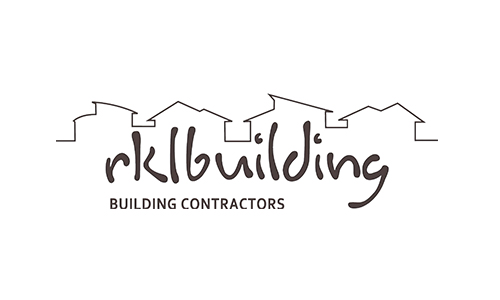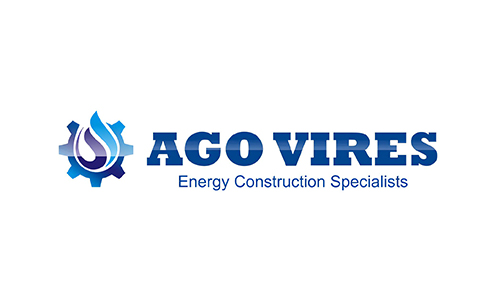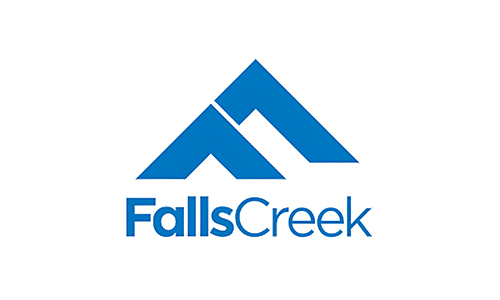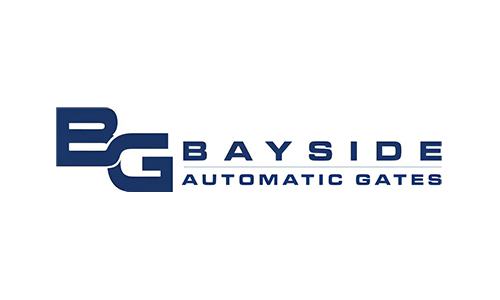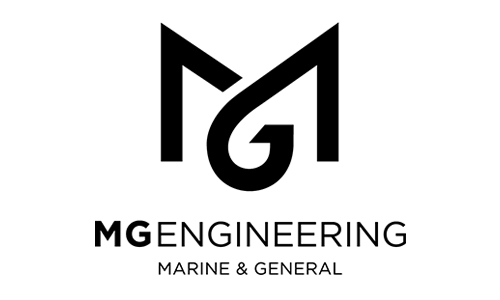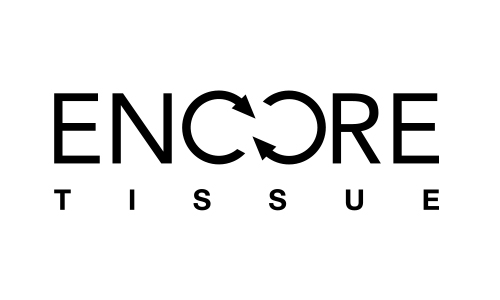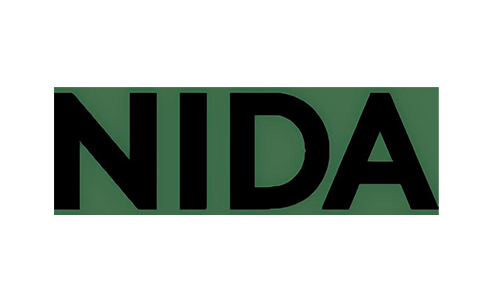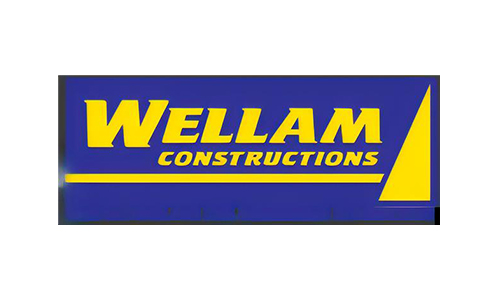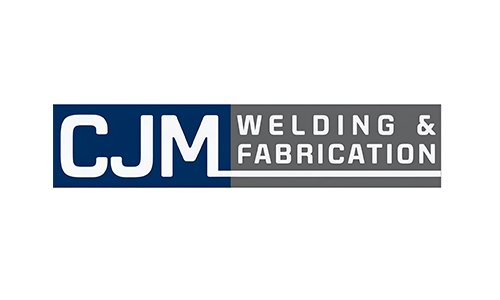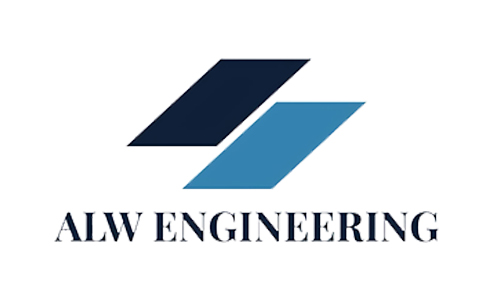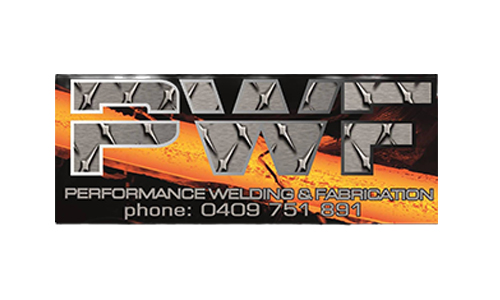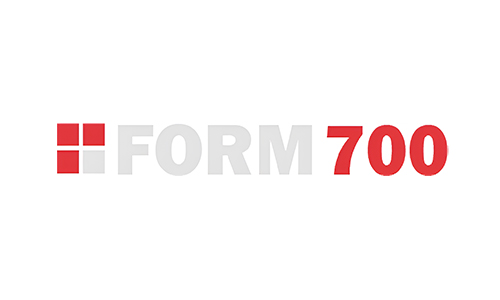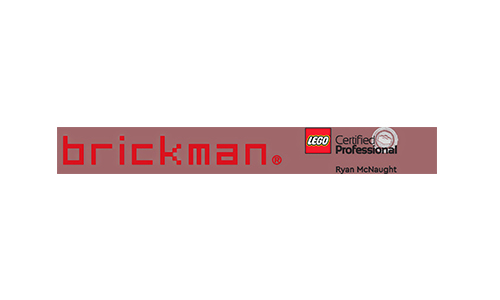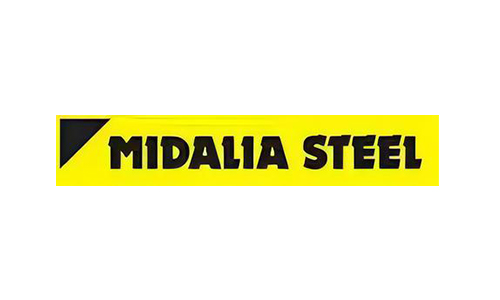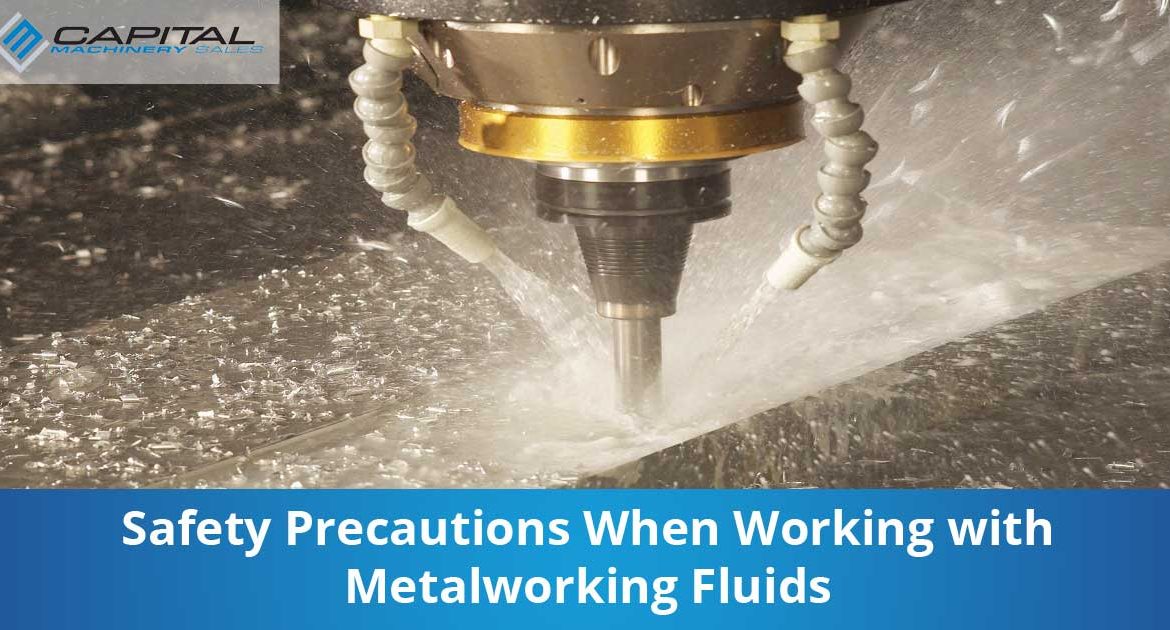
Safety Precautions When Working with Metalworking Fluids
Safety Precautions When Working with Metalworking Fluids
The more knowledge and awareness you have on the hazards that are connected with metalworking fluids, the better it is you take safety precautions if you want to live a healthy and longer life especially in your work place.
Here are the general safety precautions you need to follow when you work with metalworking fluids in your area:
• Make sure you follow instructions and training provided for by your employer on the safety systems of work especially when working on metalworking fluids.
• Be sure to use splashguards if provided to control any splashes or mists.
• Try to minimise the mist production if possible as well as the vapour through volume control and delivery rate of the fluid to the cutting edge of the tool.
• Make use of the ventilation provided for or any enclosures to help remove or control the mists coming out.
• You should allow some time delay before you open the doors on these machine enclosures to make sure that all the vapours have settled or removed by the ventilation. Do not rush right away and leave it some time.
• If there are any damages or breaks on the splashguards, make sure to report them right away. Same goes to any broken ventilation hoods and control equipment.
• For improvement on the ventilation, open workroom doors and windows for natural ventilation to occur.
• Avoid the use of compresses air when you remove any excess metalworking fluids machine parts or equipment.
Protecting Your Skin
• Minimise contact with any wet surfaces.
• Never put your unprotected hands in fluid sumps or coolants and also do not use any oily rags to wipe them clean.
• Always wear suitable protection gear when needed.
• Be sure to not contaminate the insides of your protective gears like your gloves with these metalworking fluids.
• Always keep your hands clean. Pre-work creams help in removing any contaminants later. Do not assume that they serve as gloves as they do not effective in protecting your hands, but they help in keeping the natural moisture content of your skin after you wash your hands.
• For any cuts or abrasions, be sure to cover them with waterproof dressings.
• Make sure to regularly wash with soap and water when removing any contaminants from your skin. Do not use any abrasive or powerful solvent cleaners as they would only irritate your skin.
If you have other useful tips on precautionary measures or what to do when exposed with metalworking fluids, share them with us.
Here are the general safety precautions you need to follow when you work with metalworking fluids in your area:
• Make sure you follow instructions and training provided for by your employer on the safety systems of work especially when working on metalworking fluids.
• Be sure to use splashguards if provided to control any splashes or mists.
• Try to minimise the mist production if possible as well as the vapour through volume control and delivery rate of the fluid to the cutting edge of the tool.
• Make use of the ventilation provided for or any enclosures to help remove or control the mists coming out.
• You should allow some time delay before you open the doors on these machine enclosures to make sure that all the vapours have settled or removed by the ventilation. Do not rush right away and leave it some time.
• If there are any damages or breaks on the splashguards, make sure to report them right away. Same goes to any broken ventilation hoods and control equipment.
• For improvement on the ventilation, open workroom doors and windows for natural ventilation to occur.
• Avoid the use of compresses air when you remove any excess metalworking fluids machine parts or equipment.
Protecting Your Skin
• Minimise contact with any wet surfaces.
• Never put your unprotected hands in fluid sumps or coolants and also do not use any oily rags to wipe them clean.
• Always wear suitable protection gear when needed.
• Be sure to not contaminate the insides of your protective gears like your gloves with these metalworking fluids.
• Always keep your hands clean. Pre-work creams help in removing any contaminants later. Do not assume that they serve as gloves as they do not effective in protecting your hands, but they help in keeping the natural moisture content of your skin after you wash your hands.
• For any cuts or abrasions, be sure to cover them with waterproof dressings.
• Make sure to regularly wash with soap and water when removing any contaminants from your skin. Do not use any abrasive or powerful solvent cleaners as they would only irritate your skin.
If you have other useful tips on precautionary measures or what to do when exposed with metalworking fluids, share them with us.




